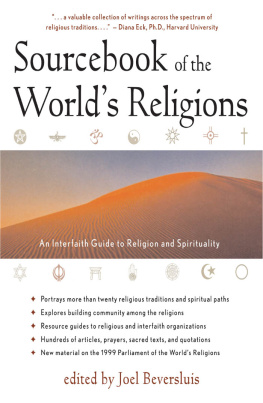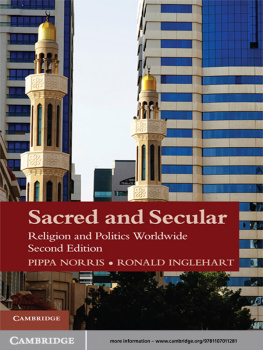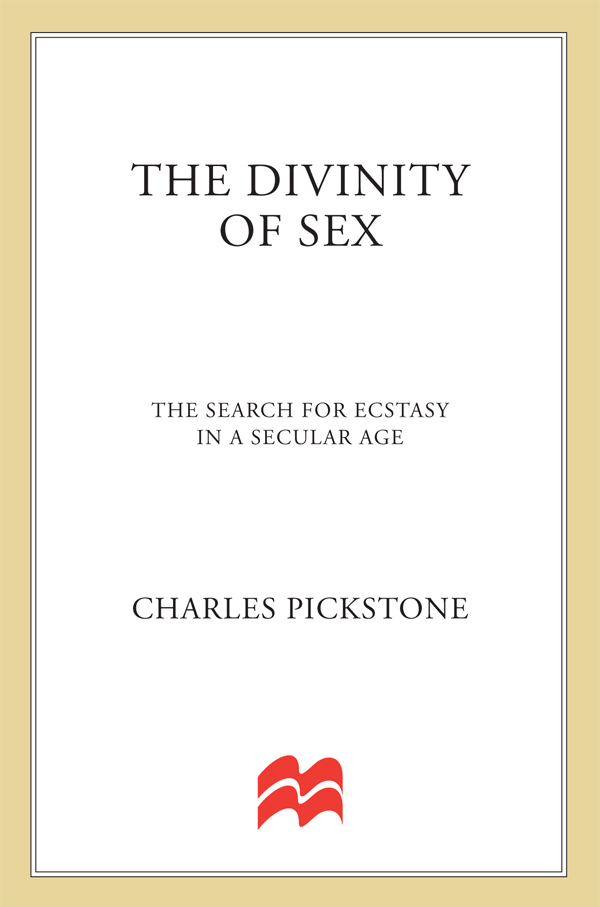Contents
Guide

The author and publisher have provided this e-book to you for your personal use only. You may not make this e-book publicly available in any way. Copyright infringement is against the law. If you believe the copy of this e-book you are reading infringes on the authors copyright, please notify the publisher at: us.macmillanusa.com/piracy.
for Helen
(although these are only words and for others to read)
France is divided from Spain by a narrow chain of mountains. Travellers approaching the Pyrenees from the French side always remark on the strikingly abrupt change in landscape they present. After the endless flatness of Les Landes, that part of western France which runs along the coast and which is so flat that it looks almost as if it is still part of the sea, suddenly the foothills of the Pyrenees emerge with hardly even a warning ripple. And then, almost immediately, there in the distance are visible the peaks of the mountains themselves, that alarming band of dark, jagged rock only a few miles across which breaks through the attractive greenness of the foothills a world of hostile precipices and inaccessible glaciers. You do not need to know much about geology to realise that the soft, fertile, secondary rocks have been torn apart by a breaking out of the hard, primary, igneous rock which normally lies beneath it. Pressure from the Alps hundreds of miles away has pushed it up. The earths surface has been torn open, and the area is rich in thermal springs where water heated on the rocks of the earths core bubbles up through the fault-line, often still warm and with healing properties that have been known about for centuries. The spring at Lourdes is a recent example.
Sexuality is the direct expression of the life-force within all human beings. It is the fuel that drives nature, a flammable petrol that can be a source of energy or destruction. It is so powerful and abundant that it tends to overflow its natural channels and ends up giving form and meaning to quite neutral objects, throwing up the whole gamut of phallic and feminine symbols without which life would be immensely dull. It adds zest to conversation and relish to observation and somehow it always finds a way of managing to evade the careful barriers society puts up in defence against it. In this respect, its force is similar to the Alpine folding responsible for the dark peaks of the Pyrenees. In film after play after novel, time and again sex causes someones dark, primary nature to push up through the affable and rational everyday self that people display most of the time.
However, for most of human history this eruption of the primitive bedrock of human nature has been seen as terrifying and sinful, and has had to be fought against with an entire apparatus of social and religious taboos, not to mention the whole comic batterie de cuisine of cold showers, flagellation, fasting, iron chains about the loins and other mortifications that the human mind has devised for this purpose. Even today, for some people this threatened loss of control to the fury and the mire of human veins is not to be borne and must be blocked off or else channelled into some other, more acceptable obsession. But for most, sexual repression is a mediaeval nonsense which can be safely disregarded with amusement.
Even so, the power of sex upon the Western mind could hardly be stronger. Many theories exist as to why this is so: the excitement of breaking an anachronistic taboo; cynical exploitation of the consumer by the media; the search for relief from unbearable stress in daily life; titillation for jaded palates in a society grown stale and decadent A new theory is put forward every week.
But these theories on their own cannot really do justice to our all-consuming interest in sex. There must be some other, underlying source for this fascination. It need not have been so; many writers argue that the Western concept of sexuality is an artificial construction foisted on to a simple biological fact. So why have we gone to such lengths, why have we invested so much of our psychological capital in building so grand and imposing an edifice? Everywhere one looks, there are people writing about, reading about, talking about, making films and documentaries about, fantasising about sex.
In this book, I am going to suggest that there is an underlying common thread: namely that sex has taken on many of the functions once performed by religion. In particular, sex has become a path to an encounter with primordial mystery. It is this encounter which is the subject of this book.
But more than this, in our present condition sex is not only one possible route to the encounter with mystery, it is also the most popular. This is the primary reason why sex is so important and why it is invested with such extraordinary power: it is one of the main modes of access, for those of us who are not nuclear scientists, astrophysicists or cell biologists, to the mystery of life itself; access that can be found almost nowhere else in our world, given the general lack of interest in religion, the traditional path to the mystery of life. From this point of view, sex has become the religion of the Western world, the bearer of most peoples hopes of encountering something truly other.
This may seem an extraordinary statement to make. But how else are we fully to explain the extraordinary hopes, fears and fantasies people have of sex the time and energy we invest in it, the unrealistic expectations we have of it, the celestial aspirations and profound yearnings, the diffuse projections and strange nightmares with which we endow what is, after all, a simple biological function? So many of these aspects of sex are normally associated with religion that in the end no other explanation will do.
Sexuality: a touch of heaven
The link between sex and religion is in one sense well known and well documented. For hundreds of years, religious writers and poets have used sexual imagery to describe their relationship with their particular god. For example, the Islamic poet Sanai saw Allah as his beloved, and wrote him passionate love poems: Every breath which my body breathes/Is a sigh of desire, or Under your gaze my limbs go weak,/And I fall into delicious slumber. There are similar passages in the Old Testament Song of Songs.
On the other side, lovers have always used the language of religious ecstasy to describe their passion. At its most trivial we have Having sex is a wonderful experience; making love to someone you cherish is a touch of heaven. On a more sophisticated level is John Donne teasing his mistress on going to bed:
Now off with those shoes, and then safely tread
In this loves hallowd temple, this soft bed.
In such white robes, heavens angels usd to be
Received by men; thou angel bringst with thee
A heaven like Mahomets paradise; and though
Ill spirits walk in white, we easly know
By this these angels from an evil sprite,
Those set our hairs, but these our flesh upright.
His mistresss white underwear makes her look like an angel in the Muslim paradise (where the righteous feast with a thousand beautiful women) and a practical test reveals that she is a good angel and not an evil spirit.
More recently, many writers on sex of very different persuasions have discussed the link between sex and religion. For example, the right-wing philosopher Roger Scruton remarks at the beginning of his book Sexual Desire: A Philosophical Investigation: At many points in what follows, my discussion will make contact with religion, because as has been frequently observed erotic and religious sentiments show a peculiar isomorphism.









